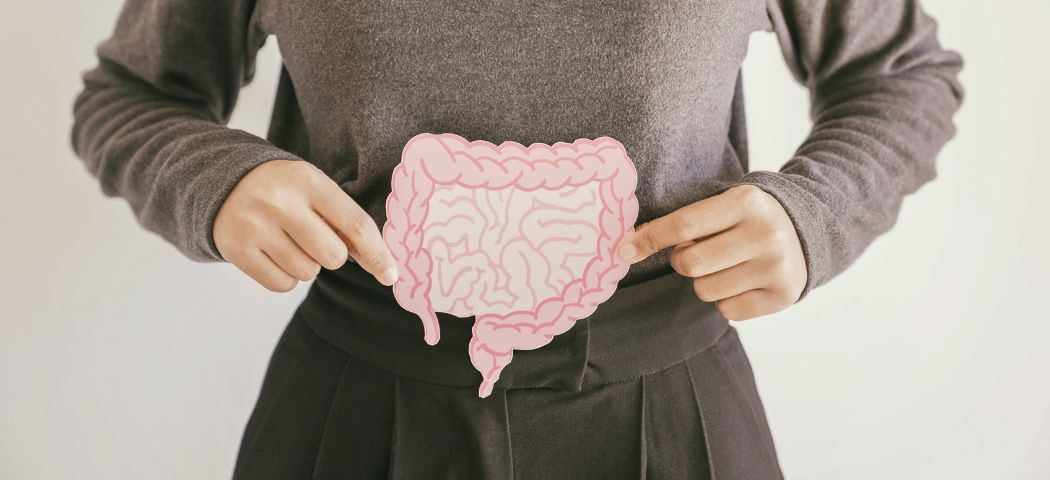Have you ever heard of the gut-brain connection? It’s this complex relationship between the digestive system and our brain that plays a significant role in weight management and overall well-being.
When we focus solely on diet and exercise in weight management, we overlook an important aspect of our health and wellness–our gut health.
Here’s why gut health is important for weight management and how we can take better care of our guts for a healthier body and mind.
Understanding the Gut-Brain Connection
Gut-brain connection refers to the two-way communication between the gastrointestinal tract and the central nervous system. Communication occurs through a network of nerves, hormones, and neurotransmitters, allowing the gut and brain to influence each other’s function and activity.
Gut Health and Weight Management
Maintaining a healthy gut is essential for optimal weight management. The gut microbiota, a diverse community of bacteria, fungi, and other microorganisms inhabiting the gastrointestinal tract, play a crucial role in regulating metabolism, appetite, and energy balance.
Research shows that imbalances in gut microbiota composition, known as dysbiosis, may contribute to weight gain and obesity.
Dysbiosis can also lead to:
- Inflammation
- Insulin resistance
- Altered hormone signaling
The Role of Diet
Diet plays a significant role in shaping our gut microbiota composition.
Consuming a diet rich in:
- Fiber
- Fruits
- Vegetables
- Fermented food
promotes the growth of beneficial bacteria in the gut, known as probiotics. These probiotics help maintain a healthy gut environment, support digestion, and enhance nutrient absorption.
On the other hand, a diet high in processed foods, sugar, and unhealthy fats can disrupt gut microbiota balance, leading to dysbiosis and increased risk of weight gain. Incorporating whole, nutrient-dense foods into your diet is one way of promoting gut health and supporting weight management efforts.
Gut Health and Mental Well-Being
In addition to its impact on weight management, gut health also plays a crucial role in mental well-being. The gut-brain axis allows for communication between the gut and the brain, influencing mood, emotions, and cognitive function.
Research has shown that imbalances in gut microbiota composition may contribute to mental health disorders such as depression, anxiety, and stress.
Individuals can improve mental well-being and enhance overall quality of life by supporting their gut health through:
- Diet
- Lifestyle changes
- Stress management techniques
Lifestyle Factors
Incorporating lifestyle changes such as regular exercise, stress reduction, and adequate sleep is essential for promoting gut health and supporting weight management efforts.
Exercise has been shown to:
- Modulate gut microbiota composition
- Reduce inflammation
- Improve metabolic health
Stress reduction techniques such as mindfulness meditation, deep breathing exercises, and spending time in nature can also help lower stress levels and support gut health.
Furthermore, prioritizing sleep is crucial for gut health and weight management. Poor sleep quality and inadequate sleep duration have been linked to disruptions in gut microbiota composition, increased appetite, and weight gain.
Always aim for 7-9 hours of quality sleep each night to support optimal gut health and overall well-being.
What have we learned so far?
The gut-brain connection is important in weight management and overall health.
Nurture your gut through:
- Balanced diet
- Regular exercise
- Stress management
- Adequate sleep
By prioritizing gut health, you can take proactive steps towards achieving your weight management goals and cultivating a healthier, happier life.
Learn more about how we can help you on your wellness journey. Book a FREE consultation today!
















